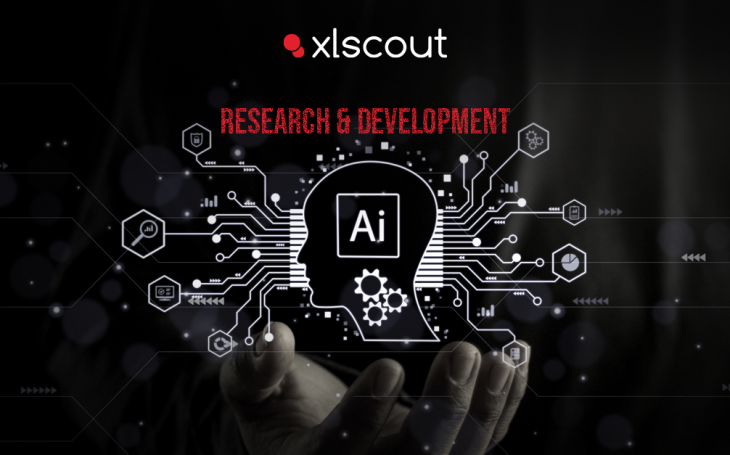
AI (artificial intelligence) is transforming research and development (R&D). It is introducing new methods for analyzing data, discovering patterns, and developing novel solutions to complex problems.
In this article, we’ll look at the ethics of AI in R&D and how to strike a balance between innovation and accountability.
The Role of AI in Research & Development
AI is transforming many industries, including finance, healthcare, and energy. AI applications in healthcare include drug discovery and development, as well as medical imaging analysis.
In finance, artificial intelligence (AI) analyzes financial information to make more accurate market predictions. In the energy sector, AI assists in optimizing power grid operations and increasing energy production efficiency. These are just a few of the numerous ways AI is transforming R&D.
The Advantages of AI in Research & Development
AI in R&D has a number of advantages:
- Large datasets can be analyzed quickly and accurately.
- Identify patterns that human researchers may overlook.
- Create solutions that are tailored to specific requirements.
AI can also assist with cost reduction and accelerate R&D. As a result, researchers are able to develop new products and solutions more efficiently and quickly.
The Ethical Issues Raised by AI in Research & Development
However, the use of AI in R&D raises several ethical concerns. For example, who is accountable for an AI system’s decisions? Who is responsible if a new drug is developed using AI and has unanticipated side effects? Similarly, what happens if an AI system makes hiring decisions and the system is biased against certain groups?
Another ethical concern is that AI could be used in harmful ways. For example, AI could be used to create self-driving cars or surveillance systems that violate people’s privacy rights.
Considerations for Ethical Use of ChatGPT and Other AI Bots
ChatGPT is a versatile tool that can be used for a variety of purposes, including research and development (R&D). However, employing bots like ChatGPT in R&D raises significant ethical concerns that must be addressed.
One ethical concern is the possibility of bias in the data used for training the AI model. If the data utilized to train ChatGPT is biased or incomplete, the AI model may perpetuate the bias and make inaccurate or unfair predictions. This has significant ethical implications, especially if the AI model is used to make decisions that have a substantial impact on people’s lives.
Another ethical concern is the possibility of unintended consequences. As AI models like ChatGPT become more powerful and intelligent, they may be capable of generating content or making decisions that are beyond the comprehension of their human creators. This can lead to ethical dilemmas, particularly if the AI model generates content or makes harmful or unethical decisions.
To address these ethical concerns, clear ethical guidelines for the use of AI models in R&D must be established, including considerations for data protection, privacy, and unintended consequences. Furthermore, it is critical to evaluate the use of AI models like ChatGPT in R&D on a regular basis to help ensure that they’re being utilized ethically and aren’t having unintended negative effects on individuals or society as a whole.
Balancing Innovation and Accountability
Several measures can be used to strike a balance between innovation and accountability, including:
- Making AI systems transparent and explainable so that research teams and other stakeholders understand how decisions are made
- Creating standards and guidelines for the use of AI in research and development to ensure that ethical considerations are considered in the design and deployment of AI systems
- Educating and training researcher teams and other stakeholders on the ethical issues involved in the use of AI in R&D
- Assuring accountability and responsibility for AI system decisions, whether they are made by the researcher teams who develop the system, the users who utilize it, or both.
Conclusion
The use of AI in R&D provides significant benefits, but it also raises serious ethical concerns that must be addressed. Research teams and other stakeholders can make sure that the benefits of AI are realized without jeopardizing ethical considerations by balancing innovation and accountability. As AI continues to transform research and development, it is critical to stay alert and ensure that AI is used in innovative and ethical ways.

